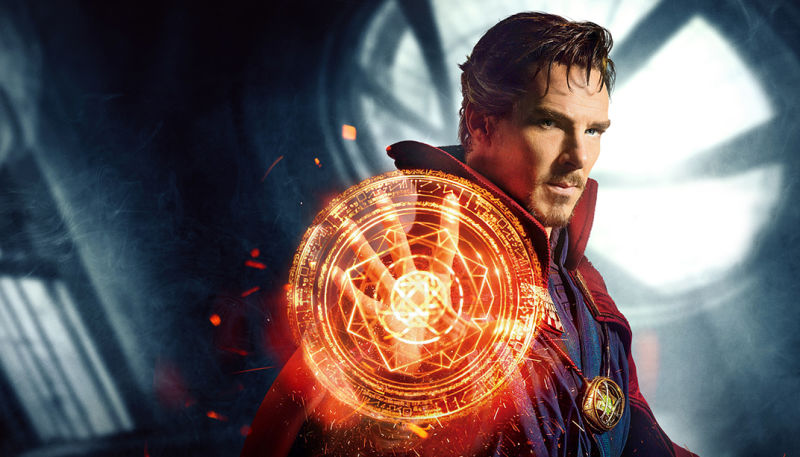If I have ever met you in person (or if you have frequented this blog for some time now) then you would know that I often extoll the virtues of the selfishness citing Ms. Rand and her essays on Capitalism.
In fact I at one time have had a heart to heart conversation with the founder of an organization whose heart is based on contribution and co-operation, stating that the philosophy behind Capitalism is different from a contribution oriented nature. It’s a muddle anyways, in fact the more you think about it, the harder it gets to really identify between the dark and light. There are ample examples where co-operation has been utilized for filling the coffers of different capitalists.
As a point to prove his case, this founder asked me to read a book … the Evolution of Co-operation. If you think game theory is fun, then you should definitely read this book! It’s highly recommended. I did read through the book, but I think it has taken me a bit long to fully understand it … just around 2 years or so!
Today, as I was reading a blog article on a news article based on that very book, a blog article by CFA Institute, I realized what the founder meant to say. That Co-operation can exist within a capitalistic system. The problem with most systems (and this is possibly the places which Ms. Rand glosses over) is that they have a tendency to go corrupt, to go weak. Socialism and Communism suffer from it and this was faced by Ayn Rand all through out her life.
But the solution to that problem is not Capitalism (as suggested by Ms. Rand), a corrupt Capitalistic system is worse if not the same as a corrupt Communist system.
However, that’s not the point of this post, the point is simple. That competition can occur only if there are implicit co-operative signals within the market. Signals such as agglomeration wherein competitors flock together at the same place such as an expo, exhibition or a khau galli to sell their goods.
Another personal lesson learnt – ideals are just that … ideal. In real life, you have to deal with corrupted ideals.




